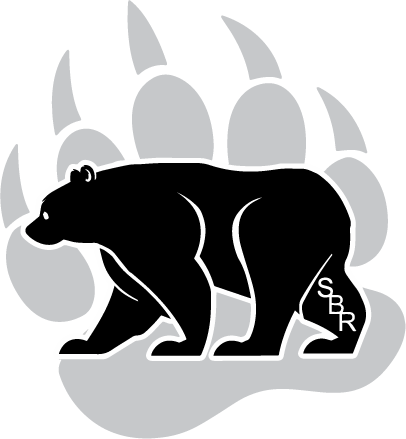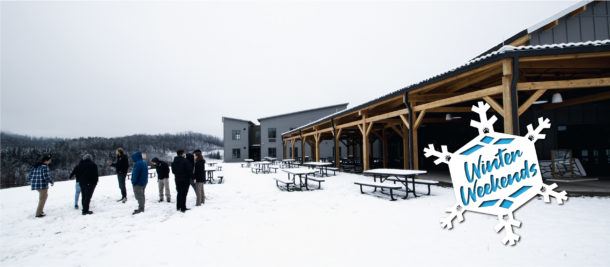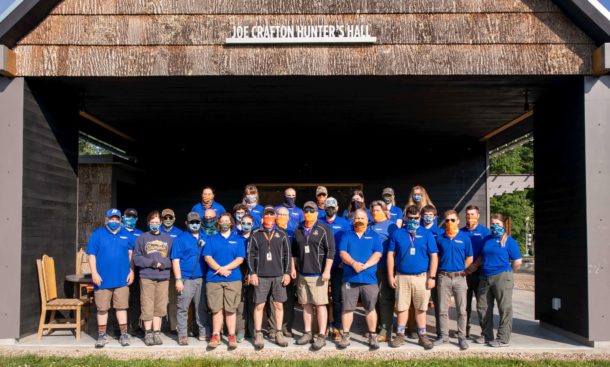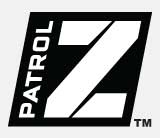

As the sun rises and birds begin to chirp, the sound of sizzling pancakes cooking over a camp stove can be heard as Boy Scouts work diligently to prepare breakfast in patrols. While cooking methods have evolved, the patrol method, first used by Baden-Powell at Brownsea Island in 1907, has undergone relatively few changes in the last century.
At CSR, the patrol method is used to its fullest extent as Scouts camp, cook, eat and clean as patrols during their weeklong stay at Long Lake. The troop method will also be used for meals at the national jamboree at the Summit.
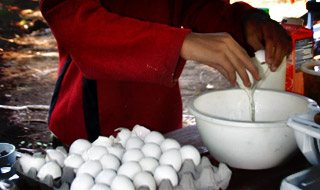
A typical day at CSR begins with 2 patrol members rising early to pick up their patrol’s breakfast from the camp commissary. Once back in camp, the cooks take over and begin preparing the group’s breakfast. When breakfast is ready, the patrol gathers for grace and then digs in and enjoys a delicious meal.
Divvying Up The Jobs
So who gets to be cooks and who has to clean up afterward? That’s the beauty of the patrol system.
Each patrol is led by a patrol leader who is tasked with creating the patrol’s duty roster, a list that assigns specific jobs like cook or cleanup to patrol members to make sure no one does a job too often.
In other words, cooking duties rotate throughout the week, which gives everyone a chance to be a master chef.
Cleaning Up
After breakfast has been eaten and the last pancake has been fought over and devoured, the work isn’t quite done as someone still has to clean up. This job falls to the members of the patrol assigned to cleaning duty for that meal.
Cleaning is done using the 3-pot method:
- A hot wash pot with soap.
- A hot rinse pot.
- A cold sanitation pot.
Once the dishes are cleaned and leftover food has been returned, Scouts leave camp for merit badges, trips and other activities. The same system of cooks, food runners and cleaners is repeated for each meal, but different Scouts do different jobs.
Why It’s Important
Eagle Scout and adult leader Nolan Amos believes that system helps build a sense of responsibility and teamwork in the patrol.
[pullquote]”There really is nothing better than the smell of bacon sizzling on a camp stove on a cool Adirondack morning.” — Jonathan M., Tenderfoot Scout[/pullquote]
“Patrol cooking is an important part to every troop’s development of younger Scouts,” Amos said. “Patrol-style cooking shows the dependency of the patrol on the other members. Without one to gather the food, cook and clean, the patrol cannot have their next meal.”
Jason Cocca, also an adult leader and fellow Eagle Scout, agrees that patrol-style cooking helps Scouts develop leadership and communication skills.
However, the benefits of patrol-style cooking are best summed up by Tenderfoot Scout Jonathan M.
“When you cook your own food you get a sense of accomplishment and achievement you can’t get in a dining hall,” Jonathan said. “There really is nothing better than the smell of bacon sizzling on a camp stove on a cool Adirondack morning.”
Have you ever attended a patrol-style cooking camp? What was your favorite meal? Let us know in the comments.
Kevin M. is a Patrol Z reporter based in New York. He’s a Life Scout, Senior Patrol Leader and expert photographer. Got a story idea for Patrol Z? Post it in the comments below!

